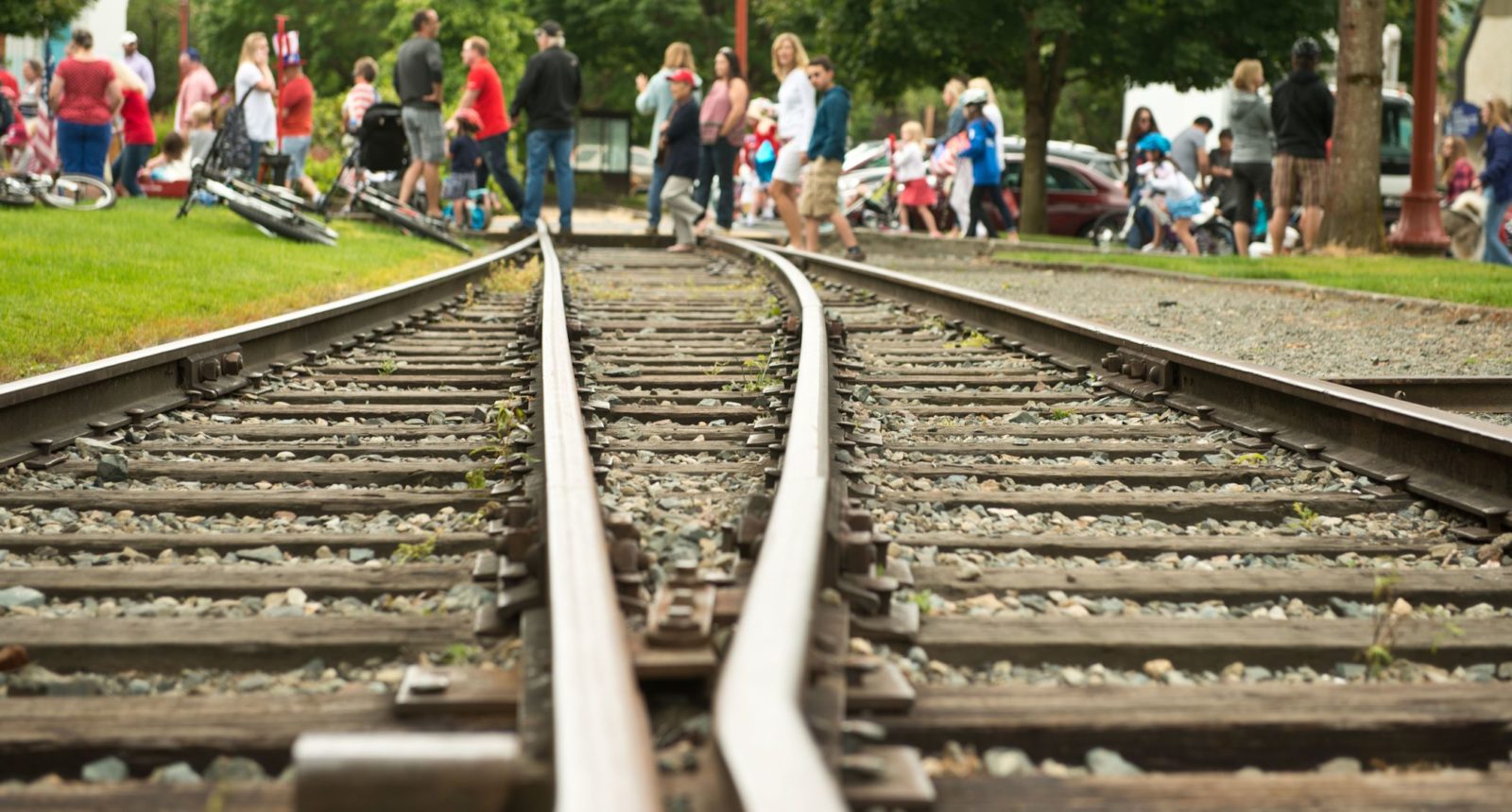Guest Post: 2019 Rural Heritage Interns

Our Rural Heritage Internship Program connects skilled interns with heritage organizations located outside of Seattle. In its second year, we have partnered with Des Moines Historical Society and Issaquah History Museum as the host sites of the internships. Three students from University of Washington Museology Graduate Program and Museum Studies Certificate Program started their internships in June 2019, and have been working on various projects such as evaluation, collections management, and public relations at their host sites. Here, we have asked them to share their experiences:
Johanna Berliner is working on audience evaluation at Issaquah Historical Museums:
My learning goals for this internship revolved around coming into my own as a professional: managing and planning projects, developing skills in leadership and finding confidence in decision-making. Issaquah History Museums has treated me like a consultant, which means I’ve been able to make major decisions about my projects and take ownership of those decisions. Working so closely with a small, rural institution has given me a better sense of what evaluation can look like in the field, the amount of collaboration it takes to implement, and how to deal with difficulties when they arise.
Working with a smaller, rural institution also means working on a smaller scale than the large evaluation projects I’ve done through my program, so I’ve also learned to think strategically about what kind of work is most useful for the organization. I’ve refocused to create evaluation tools IHM can use to continue to get feedback on their programs once my internship ends, without putting strain on their staff resources. Through this experience, as a stronger collaborator and more confident decision-maker, I’m better-equipped to do more kinds of evaluation projects in the future.
Andrea McKeever is working on collections management at Des Moines Historical Society:
My learning goals for the rural internship program developed over the course of my project. Initially I planned to focus on entering information from paper files into a PastPerfect catalog. By following this plan, I would increase my knowledge of PastPerfect and my abilities to manage a long term, detailed project. After spending time at the Des Moines Historical Society, I shifted my learning goals to develop materials that teach how to use PastPerfect. Currently my focus is making PastPerfect training manuals for the museum’s volunteers. These manuals use screenshots to illustrate how to perform tasks including cataloging, records management, and collection searches. I am also working with the organization’s volunteer collections manager to create basic records and authority files that future volunteers and interns can build on.
So far, my experiences in the rural internship program have allowed me to expand my knowledge of PastPerfect and my teaching abilities. Working at the Des Moines Historical Society has challenged me to be flexible and aware of how my project fits into the organization’s other priorities and resources. I am confident that my mastery of PastPerfect, my ability to teach and work with volunteers, and my ability to adapt to and work with an organization’s needs and resources will help me thrive in the non-profit heritage field.
Melody Smith is working on public relations at Des Moines Historical Society:
My name is Melody, and I am working with the Des Moines Historical Society through the Rural Heritage Internship. While 4Culture assigned me to work on DMHS’s marketing plan, it became apparent that they also needed an update of branding. As I set to work, my learning goals focused on learning how to build community engagement. Through talking with the community, understanding marketing channels, and envisioning a historical society that reflected the needs of its people, I learned not only how to create ties to the community, but how necessary historical societies are for the rural communities they support.
Through this program, I had the opportunity to reach out to a rural community, hear their stories, learn their passion for local history, and further understand the importance of investing in smaller historical societies. As I go forward in my career, my work in the program has deepened my understanding of who we do our work for and why it matters. Our rural communities hold immense value for the future of the heritage field and investing in the heritage of these communities will pay dividends long into the future. I am greatly appreciative for my time working for 4Culture and the Des Moines Historical Society.
For more information about the Rural Heritage Internship Program, please contact Megumi Nagata at megumi.nagata@4culture.org.
